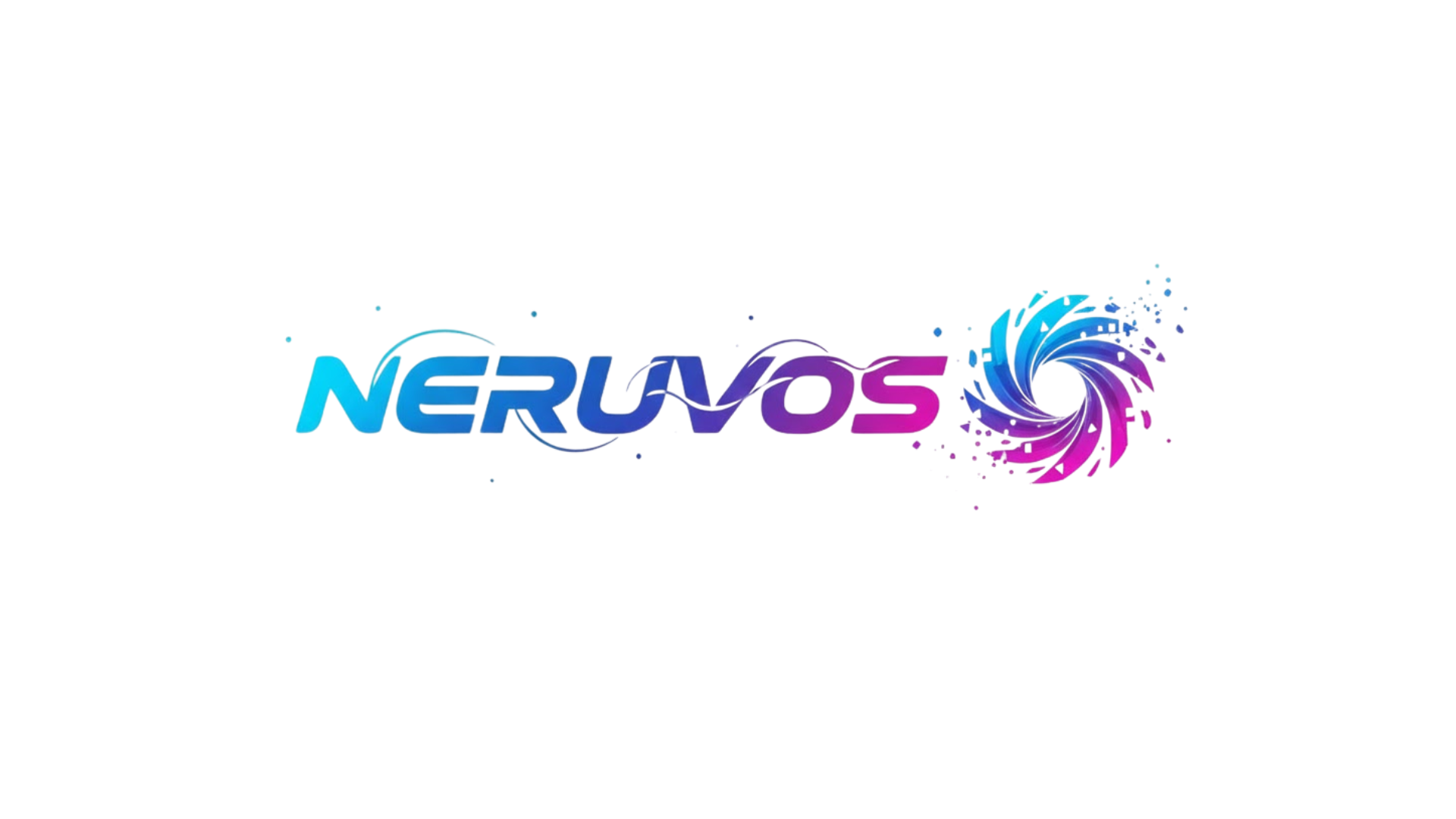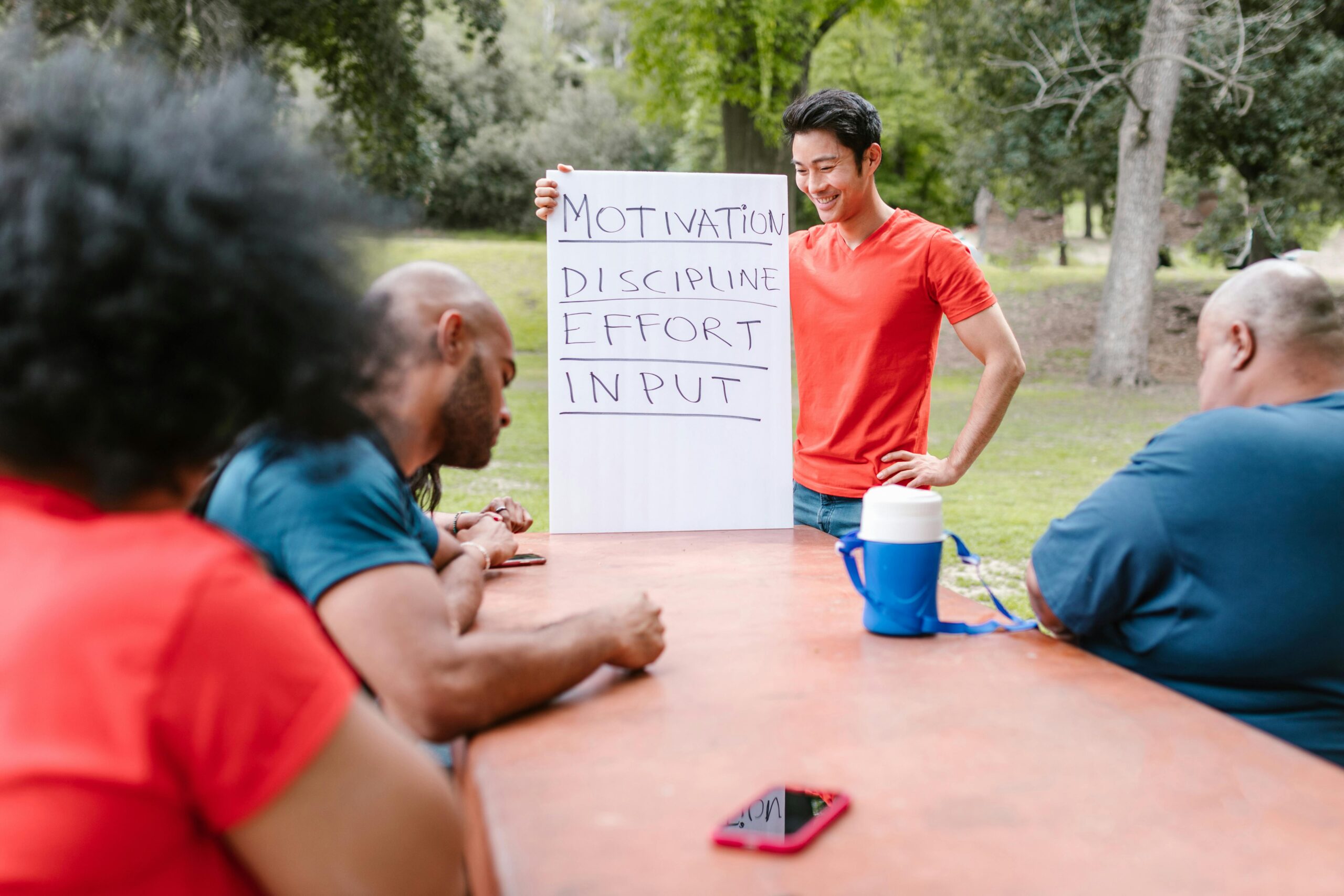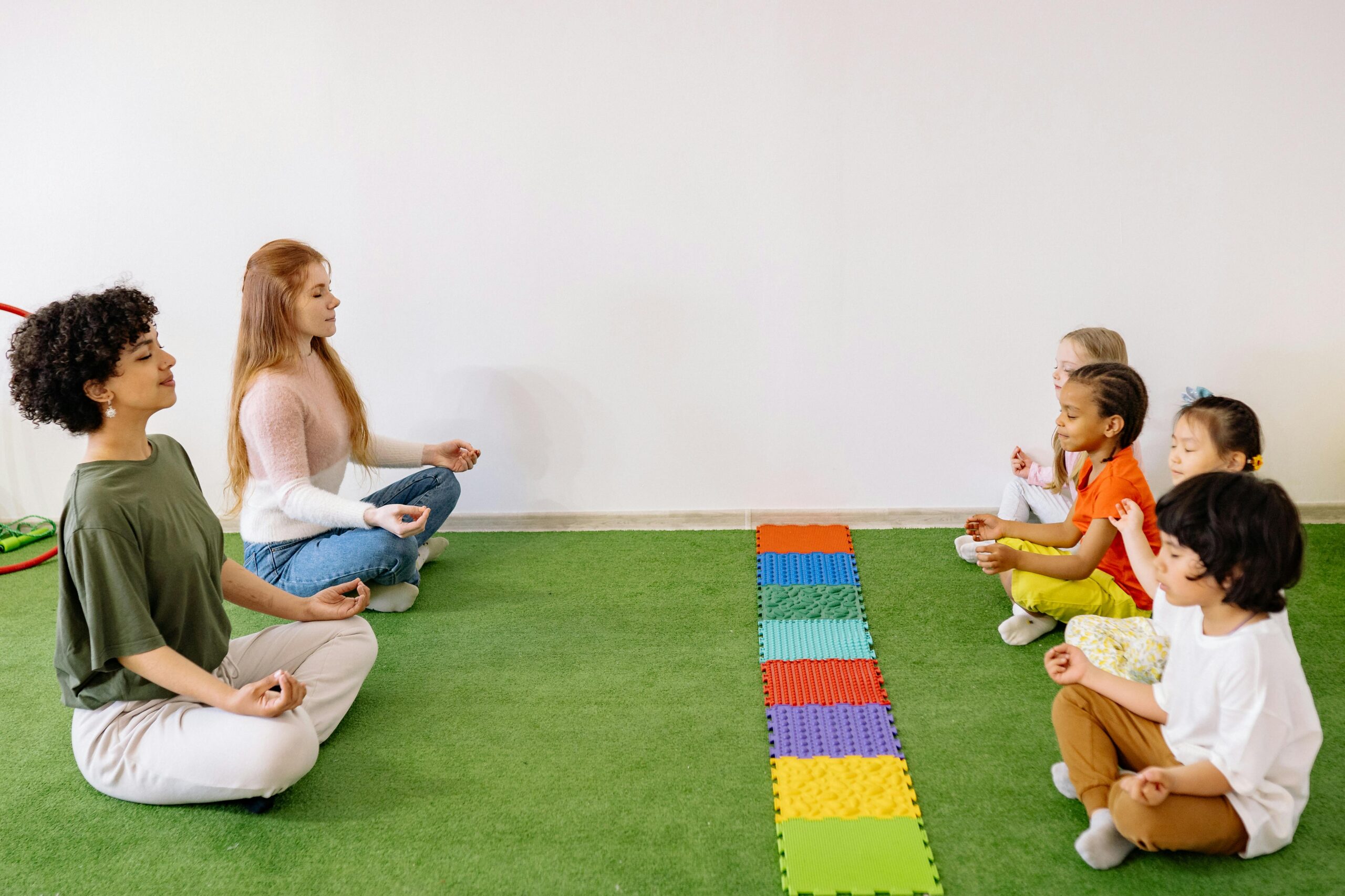The digital age is reshaping how we learn, breaking down traditional barriers and opening doors to limitless educational possibilities through decentralized learning platforms.
🚀 The Dawn of a New Educational Era
For centuries, education has been constrained by geographical boundaries, institutional gatekeepers, and rigid curricula that fail to adapt to individual learning needs. Today, decentralized learning platforms are fundamentally transforming this landscape, offering learners unprecedented control over their educational journey. These platforms leverage blockchain technology, peer-to-peer networks, and community-driven content creation to democratize access to knowledge like never before.
The traditional education system, while valuable, often struggles with scalability, accessibility, and personalization. Decentralized learning platforms address these limitations by removing intermediaries, reducing costs, and creating transparent, verifiable credential systems. This revolution isn’t just about technology—it’s about empowering individuals to take ownership of their learning paths and unlocking human potential on a global scale.
Understanding Decentralized Learning: Beyond the Buzzwords
Decentralized learning platforms operate on fundamentally different principles than traditional educational institutions. Rather than relying on centralized authorities to validate knowledge and issue credentials, these platforms distribute power across networks of learners, educators, and validators. The result is a more resilient, transparent, and accessible educational ecosystem.
At the core of many decentralized learning platforms lies blockchain technology, which provides immutable records of achievements, certifications, and learning milestones. This creates a permanent, verifiable portfolio that learners carry with them throughout their lives, independent of any single institution. Smart contracts automate administrative processes, reduce bureaucracy, and ensure that content creators receive fair compensation for their contributions.
Key Components That Make It Work
Decentralized learning platforms integrate several innovative elements that distinguish them from conventional online education:
- Tokenized Incentives: Learners earn cryptocurrency tokens for completing courses, contributing content, or helping peers, creating economic motivation for engagement
- Distributed Content Storage: Educational materials are stored across multiple nodes, preventing censorship and ensuring permanent availability
- Community Governance: Users collectively decide on platform policies, course approvals, and quality standards through democratic voting mechanisms
- Portable Credentials: Certificates and achievements exist independently of platforms, creating lifelong learning records that employers can instantly verify
- Peer-to-Peer Learning: Direct connections between learners and educators eliminate middlemen and reduce costs significantly
💡 Unlocking Your Personal Learning Potential
The true power of decentralized learning platforms lies in their ability to adapt to individual needs, goals, and learning styles. Unlike one-size-fits-all approaches, these platforms enable truly personalized educational experiences that evolve with you.
Imagine creating a learning path that perfectly aligns with your career aspirations, personal interests, and schedule constraints. Decentralized platforms make this possible by offering micro-credentials in specialized skills, allowing you to build a customized qualification portfolio. Whether you’re interested in blockchain development, digital marketing, sustainable agriculture, or Renaissance art history, you can construct an education that reflects your unique passions.
Breaking Free from Geographic Constraints
One of the most revolutionary aspects of decentralized learning is its inherent borderlessness. A talented instructor in Lagos can teach students in Tokyo, São Paulo, and Berlin simultaneously without requiring permission from educational authorities in any of these locations. This global classroom environment exposes learners to diverse perspectives and creates authentic multicultural learning experiences.
For learners in regions with limited educational infrastructure, decentralized platforms provide access to world-class instruction that would otherwise be impossible to obtain. The only requirements are internet connectivity and motivation to learn—no entrance exams, application fees, or administrative hurdles stand in the way.
The Economic Revolution: Learning That Pays
Traditional education often represents a significant financial burden, with student debt reaching crisis levels in many countries. Decentralized learning platforms flip this economic model, creating opportunities for learners to earn while they learn.
Through tokenized incentive systems, active participants can generate income by completing courses, creating educational content, mentoring others, or validating peer work. These earnings, while sometimes modest initially, can offset learning costs or even provide supplementary income. More importantly, they create economic alignment between learners and platforms—when you succeed, the ecosystem succeeds.
Skills That Translate to Real-World Value
Decentralized platforms often focus on practical, market-relevant skills that employers actively seek. Rather than spending years on theoretical foundations before gaining practical experience, learners can immediately apply new knowledge to real projects and build portfolios that demonstrate actual competence.
This approach resonates particularly well with the gig economy and remote work trends, where demonstrated ability matters more than traditional credentials. Employers increasingly recognize certifications from reputable decentralized platforms, especially when backed by verifiable blockchain records and portfolio evidence.
🌍 Building Global Learning Communities
Perhaps the most underestimated benefit of decentralized learning platforms is the community aspect. These platforms naturally foster connections between like-minded learners across the globe, creating networks that extend far beyond course completion.
These communities become invaluable resources for career development, collaboration opportunities, and ongoing learning. Unlike traditional classroom cohorts that disperse after graduation, decentralized learning communities persist and evolve, with members supporting each other throughout their professional journeys.
Discussion forums, collaborative projects, and peer review systems create engagement levels that often surpass traditional educational settings. When learners have genuine ownership stakes in platform success—whether through governance tokens or reputation systems—they invest more deeply in community health and mutual success.
Overcoming Challenges and Considerations
While decentralized learning platforms offer tremendous potential, they also face legitimate challenges that prospective users should understand. Quality control remains an ongoing concern, as the open nature of these platforms means anyone can potentially create and publish content.
Most successful platforms address this through community-driven quality assurance mechanisms, where experienced users review and rate content before it gains wide visibility. Reputation systems help learners identify reliable instructors, while transparent feedback ensures continuous improvement. However, users must develop critical evaluation skills and recognize that not all content will meet their standards.
Technical Barriers and Accessibility
The cryptocurrency and blockchain foundations of many decentralized platforms can intimidate non-technical users. Setting up digital wallets, understanding gas fees, and navigating decentralized applications requires a learning curve that some find frustrating.
Platform developers are actively working to reduce these friction points through improved user interfaces and simplified onboarding processes. Many newer platforms abstract away technical complexity, allowing users to focus on learning rather than blockchain mechanics. As the ecosystem matures, these barriers will continue to diminish.
🎯 Practical Steps to Get Started
Ready to explore decentralized learning platforms and unlock your potential? Begin by researching platforms that align with your learning goals and interests. Look for communities with active engagement, transparent governance structures, and content in your areas of interest.
Start small—select a short course or micro-credential to familiarize yourself with how the platform operates before committing to longer programs. Engage with community forums, ask questions, and observe how experienced users navigate the ecosystem. This gradual approach builds confidence and helps you determine whether decentralized learning suits your style.
Creating Your Learning Strategy
Successful decentralized learning requires more self-direction than traditional education. Without fixed schedules and mandatory attendance, you must develop strong personal discipline and time management skills. Create a realistic learning schedule that fits your life circumstances, setting specific goals and milestones to maintain momentum.
Consider forming or joining study groups within the platform community. Accountability partners significantly increase completion rates and make learning more enjoyable. Share your progress publicly through social media or blog posts—this external commitment mechanism helps maintain motivation during challenging periods.
The Future Landscape: What’s Coming Next
Decentralized learning platforms continue to evolve rapidly, with exciting innovations on the horizon. Artificial intelligence integration promises increasingly personalized learning paths that adapt in real-time to your progress and preferences. Virtual and augmented reality technologies will create immersive learning experiences that transcend current limitations.
Cross-platform credential recognition is expanding, with multiple decentralized platforms developing interoperability standards. Soon, you’ll be able to seamlessly transfer achievements between platforms and aggregate learning records into comprehensive portfolios that showcase your full educational journey.
Integration with Traditional Systems
Rather than completely replacing traditional education, decentralized platforms are increasingly complementing existing institutions. Forward-thinking universities are exploring hybrid models that incorporate blockchain credentials, recognize learning from multiple sources, and offer students greater flexibility.
Professional organizations and industry associations are beginning to accept decentralized platform certifications alongside traditional qualifications. This growing recognition validates the quality and relevance of decentralized learning while expanding options for learners seeking career advancement.
🔑 Transforming Education Through Ownership
The fundamental innovation of decentralized learning platforms isn’t technological—it’s philosophical. By giving learners genuine ownership over their educational data, credentials, and even platform governance, these systems recognize education as a collaborative endeavor rather than a service delivered from authority figures.
This ownership mentality transforms the learning experience from passive consumption to active creation. When you control your educational records, contribute to curriculum development, and help shape platform policies, you’re not just a student—you’re a stakeholder in the educational ecosystem.
This empowerment extends beyond individual benefit to create systemic improvements. Community governance means platforms evolve based on actual user needs rather than administrative priorities or profit motives. The collective intelligence of thousands of learners and educators produces better outcomes than centralized decision-making.
Making the Transition: Is It Right for You?
Decentralized learning platforms aren’t ideal for everyone or every situation. They work best for self-motivated individuals comfortable with technology and capable of directing their own learning. If you thrive with structure, prefer face-to-face interaction, or need intensive supervision, traditional or hybrid approaches might better suit your needs.
However, if you value flexibility, appreciate diverse perspectives, want control over your educational journey, and feel frustrated by traditional system limitations, decentralized platforms offer compelling advantages. They’re particularly valuable for career changers, lifelong learners, and those seeking specialized knowledge not readily available through conventional channels.

🌟 Embracing Your Educational Future
The educational landscape is undergoing its most significant transformation since the printing press democratized access to written knowledge. Decentralized learning platforms represent the next evolutionary step—education that’s truly universal, personalized, and owned by learners themselves rather than institutions.
Your potential isn’t limited by geography, financial resources, or gatekeepers determining who deserves educational opportunities. With decentralized learning platforms, you hold the keys to your own development. The question isn’t whether this revolution will transform education—it’s whether you’ll be an active participant or a passive observer.
The tools exist today to design an educational journey perfectly aligned with your dreams, capabilities, and circumstances. Every skill you want to master, every subject that fascinates you, and every career path you envision can be pursued through these emerging platforms. The barriers that once stood between you and your potential are crumbling.
Start exploring, engage with communities, experiment with different platforms, and discover how decentralized learning can unlock possibilities you haven’t yet imagined. Your future self will thank you for taking this step toward educational autonomy and lifelong learning. The revolution is here—your potential awaits.
Toni Santos is an education futurist and learning design researcher dedicated to reimagining how people build skills in a fast-changing world. With a focus on cognitive tools, EdTech innovation, and equitable access, Toni explores systems that help learners think deeper, adapt faster, and learn for life. Fascinated by the science of learning and the power of technology to personalize growth, Toni’s journey bridges classrooms, startups, and global initiatives. Each project he shares is an invitation to transform education into a continuous, human-centered experience—where curiosity, practice, and purpose align. Blending learning science, product design, and policy insight, Toni studies models that turn knowledge into capability at scale. His work highlights how thoughtful design and inclusive technology can unlock talent everywhere—across ages, cultures, and contexts. His work is a tribute to: Cognitive learning tools that make thinking visible and transferable EdTech innovation that expands access and personalizes pathways Lifelong learning systems that support relevance, resilience, and purpose Whether you’re building a learning product, shaping policy, or growing your own skills, Toni Santos invites you to design learning for tomorrow—one insight, one practice, one empowering pathway at a time.




